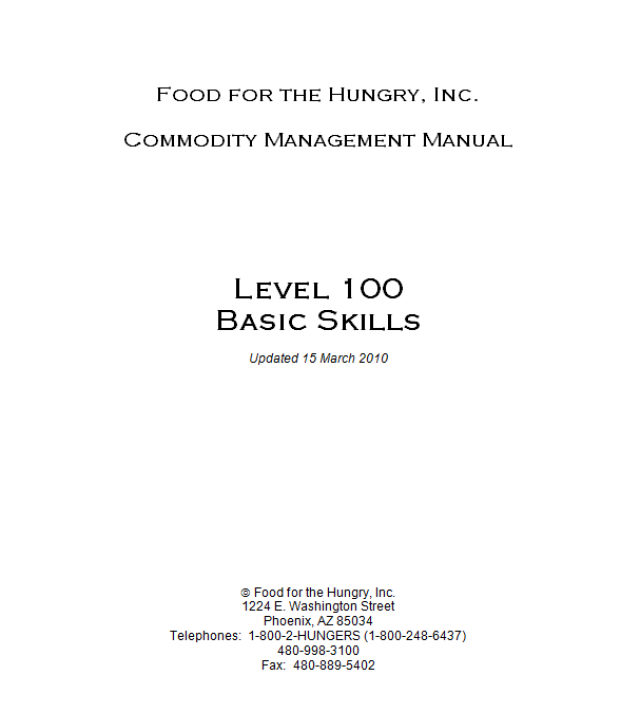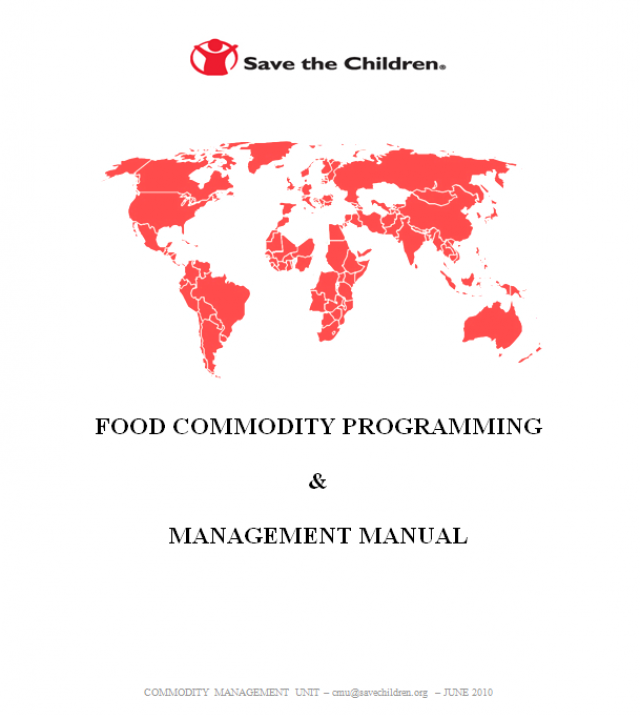
PVO Accountability and Fraud Prevention in Food Aid Commodity Management
Presenter: Syon Niyogi, Deputy Regional Director for Management Quality, Catholic Relief Services
Each year, thousands of metric tons of food commodities, donated by the United States Government, are programmed all over the world. Food aid is usually distributed to the recipient beneficiaries through national or international cooperating partner NGOs with heavy reliance on local infrastructure and local capacity, which varies from one country to another or one agency to another. Adequate capacity, or lack thereof, determines the quantity of food that reaches the intended beneficiaries.
Most of the countries, where food aid programs are implemented, have to deal with local challenges on a daily basis; it could be with security or governance or shortage of qualified staff or lack of appropriate supervision. Challenges could be both internal as well as external. Food is as good as cash. It can be very tempting to misappropriate in situations where controls are lax.
Yet the responsible agency will have to reimburse US government the value of such commodities lost, damaged or misused; unless USAID determines that such improper distribution or use or loss or damage could not have been prevented by the agency under reasonable circumstances. Senior Managers should not only ensure adequate checks and balances but also should have close oversight of food aid programs.
Corruption in food aid can occur at multiple levels. The large volumes and high values involved make food aid highly susceptible to misappropriation. The following may be the common means of diverting food:
- Falsification of inventory documents
- Food smuggled out of warehouse or siphoned off during repackaging
- Food smuggled during transportation
- Food diverted through wrong targeting and false registration
- Inflation of population figures
- Extortion of money and favors for sex
- Order of surplus food
In this session, participants gained an understanding of risks and potential loopholes in food commodity management. The session taught participants to be mindful about fraud prevention in designing and staffing food aid programs, developing control mechanisms and closely monitoring and oversight of food aid programs. Participants looked at different ways to address fraud and examined misconceptions about how fraud is discovered. The most effective ways to detect fraud identified were audits and internal control checks. Fraud that was identified by tips was mostly from non-employee sources.
Session participants broke into small groups to look at a series of case studies related to fraud and discussed what the appropriate action would be in each situation. Once they had examined these scenarios the speaker led a discussion on preventing fraud before it happens. Oftentimes corruption starts in the proposal stage with how budgets are written, or later when commodities are transported or beneficiaries are selected. The speaker emphasized that understanding the red flags is a great strategy for preventing corruption before it starts.
The Way Forward: Participants made recommendations in the following areas:
Processes
Better awareness of the issue is needed at the senior management level.
Ensure that organizations adopt/adhere to ‘Preventing Corruption in Humanitarian Operations’ by Transparency International
Capacity Strengthening and Tools
Train staff on fraud management and make this part of on-boarding training for new staff at the organizational and project level
